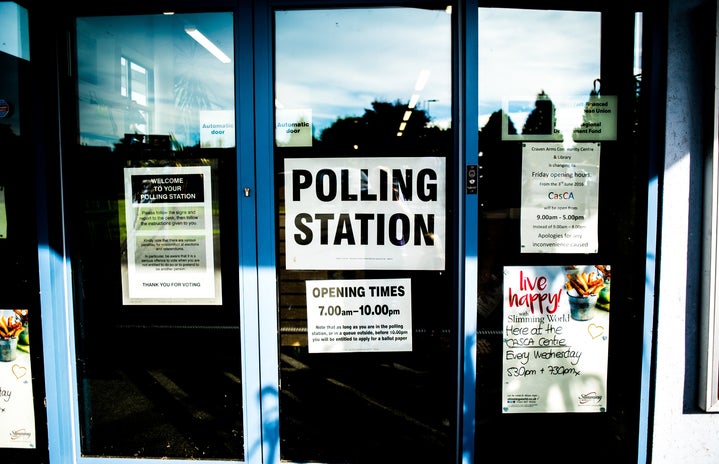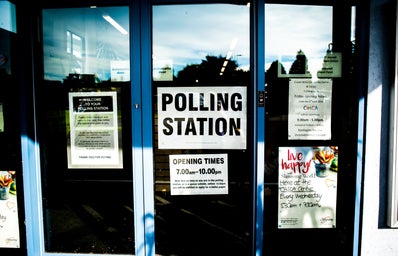As the unapologetic Political Science nerd that I am, I was bound to keep an eye out for the storms and drizzles in the political climate of the UK, during my term abroad. Yes, the unnerving lapse time between flicking a light switch and the bulb to actually glow was “interesting.” Yes, a British person’s ability to go out and party on weekdays was “interesting.” Yes, the separate taps, for hot and cold water in washroom basins, were “interesting.” Yes, the inclusion of tax in the displayed price of all items in retail was “interesting.” But what was more than interesting was the observation that Brexit wasn’t as openly discussed as one would assume, given the headlines the mere term makes on a daily basis. It wasn’t brought up as commonly over coffee, a Friday night drink, or even during a Politics seminar as one would assume. In fact, the discussion tended to irk the youth, which looks to shed light upon more pressing and yet sidelined issues like climate change, voter mobilization, the underfunded National Health Service, and growing income inequality. But how do I justify these observations? Let’s say I was able to get a broader sense of the political preferences of the youth during the live screening of the first Johnson v. Corbyn debate, at a local pub.
During the first Prime Ministerial debate on November 19, 2019, student organizations across the University of Leeds seemed to applaud Jeremy Corbyn’s angst against the top 2 percent who accumulate most of the wealth while the remaining 98 percent bear the brunt of the work. The same activism-based student groups didn’t seem to appreciate Boris Johnson’s attempts to use Brexit (and No-Deal Brexit) as a shield against criticism regarding the performance of his government. The reactions and preferences of the general crowd seemed to match that of the Politics geeks, I realize now I have been harping on about.
However, I was pleasantly surprised by the numbers in which people turned out to merely watch the debate. The level of engagement with the policies of the two candidates and their evident attitudes, portrayed a sense of political involvement, which is always a marker of a healthy democracy.
What came to me as a bigger surprise was the strike action taken by professors and faculty members, who had unionized under the University and College Union. Professors and seminar tutors refused to engage in any university-related activities from November 25 to December 4 inclusive, in order to protest against the following:
- Wage inequality between black academic staff and their white colleagues, as well as men and women.
- The employment of a large number of academic staff on temporary contracts which severely impacts their living standards and mental health.
- The over 50 hours a week workload which negatively impacts the health of those involved.
- Pension changes that cause staff to pay more in order to receive pensions which are simultaneously made less secure.
It is necessary to add that professors emphasized how the majority of the complaints yielded by students including receiving late feedback on their assignments, limited office hours, and lack of in-depth teaching arise due to the inhumane workload that the academic staff has to deal with. Some professors, who had fixed contracts chose to strike in solidarity with their colleagues who had to face job insecurity and horrible working conditions. Students took to the picket lines in solidarity with their teachers and there were university-wide protests all across UK and not just Leeds.
I deeply respect how all professors and faculty members who were to strike, informed their students before-hand while recognizing the disruption that would inevitably be caused to their course of study. They emphasized how going on strike wasn’t something they enjoyed doing, but it was something that had to be done. It was high time. Moreover, I also thoroughly respect some professors going on strike to support their colleagues while they themselves may not be as badly impacted by the workplace policies under scrutiny. Finally, I greatly admire the students who took to the streets in support of their professors. Overall, it represented a culture of political engagement whereby the citizens involved, recognized their rights and were ready to demand them through peaceful means. Simply put, complacency wasn’t an option.


